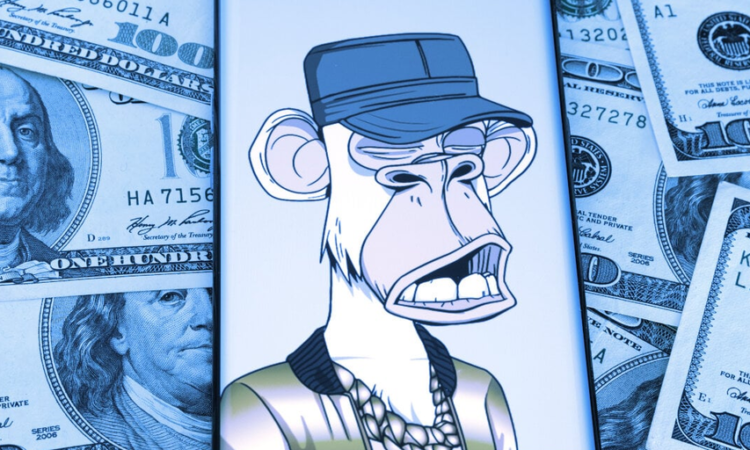Can You Get a Refund on Porsche, Yuga or Other NFTs? It Depends

After Porsche released its debut NFT collection earlier this week, most breath was spent skewering the project’s tone-deaf pricing and (initially) miserable sales.
Days later, a small mandatory checkbox featured in the project’s minting process has stirred another controversy, one with further-reaching implications for the NFT community.
All would-be Porsche NFT owners were required to agree to Terms of Service that would waive a so-called right of withdrawal in order to mint their NFTs this week. While most customers had likely never heard of such a right, it was clearly important enough for the German auto manufacturer to include.
Something caught my eye on the Porsche NFT mint page that might just change the entire game for everyone.
And no one is talking about it…
pic.twitter.com/Vd4Mzidvhk
— Paul | Top Dog Studios (@darkp0rt) January 25, 2023
The right of withdrawal, established by an obscure 1997 European Union law, requires any person or business engaged in “distance selling”—the act of selling a product that a customer isn’t buying in person—to allow customers 14 days to return that product for a full refund. In the case of digital goods, that 14-day period can be waived, but only if customers are made aware.
It makes perfect sense why Porsche would want customers to waive that right. If the NFT collection’s floor price dipped below its initial price of .911 ETH on secondary markets (which it already did earlier this week), European buyers could turn around and demand Porsche to refund that initial cost in full. Due to that handy little checkbox, however, such an option is off the table for Porsche NFT holders.
Other NFT collections may not have dotted their i’s so scrupulously. Porsche’s navigation of withdrawal rights has led some to investigate whether other NFT companies failed to compel their customers to similarly waive refund entitlements. Crucially, according to laws in both the E.U. and the U.K., if a company fails to inform customers of their right of withdrawal, those customers don’t just have two weeks to get a full refund; they have a full year.
Yuga Labs, the $4 billion company behind dominant NFT collection Bored Ape Yacht Club and metaverse platform Otherside, may be one such company that failed to notify European customers of their initial right to a 14-day refund window. For example, the company’s terms for Otherdeeds, contracts for virtual land plots on Otherside, make no mention of any right of withdrawal under E.U. or U.K. law.
Some E.U.- and U.K.-based Yuga customers have attempted to leverage that fact to formally request refunds for NFTs purchased in the last year.
One such Yuga customer, London-based Paul Price, requested a refund for an Otherdeed purchased last May. Yuga denied the request, stating Yuga’s Otherdeed policy offered no warranties or right to refunds.
Yuga is incentivized to stick with such a policy. Otherdeeds originally cost 305 APE, or roughly $5,800 at the time, to mint. These days, in the depths of crypto winter, the collection’s floor price is less than half that—1.57 ETH, or $2,469, according to secondary NFT market OpenSea.
Price has since taken the matter to Yuga’s legal department. He told Decrypt that he’s speaking to numerous lawyers interested in escalating the issue.
Yuga Labs declined to comment on the matter.
Under U.K. law, if a company such as Yuga continues to refuse to offer a refund to customers after being found in violation of the nation’s distance selling regulations, it could be fined an “unlimited” penalty, or even exposed to criminal liability.
“People clearly don’t understand this and are cocking it up,” John Salmon, a London-based attorney specializing in digital assets, told Decrypt.
Salmon, who has previously consulted European regulators on the drafting of crypto policies, thinks American companies often forget to consider the legal realities of other markets, even when those markets constitute a core part of a company’s customer base.
“This is the problem with [America-focused companies],” Salmon said. “There is a world outside the U.S., right?”
The episode highlights the growing pains of a crypto industry that exploded in popularity over a very short period of time, producing, practically overnight, hundreds of multinational companies responsible for hundreds of billions of dollars worth of novel assets. As these companies ballooned and sprinted forward during the last bull market, policies and practices were often made up on the fly.
Now, as these companies enter a second consecutive year of unprecedented financial strain, the rules and regulations of traditional finance and commerce look like they’re finally starting to catch up.
Kate Irwin contributed additional reporting.







